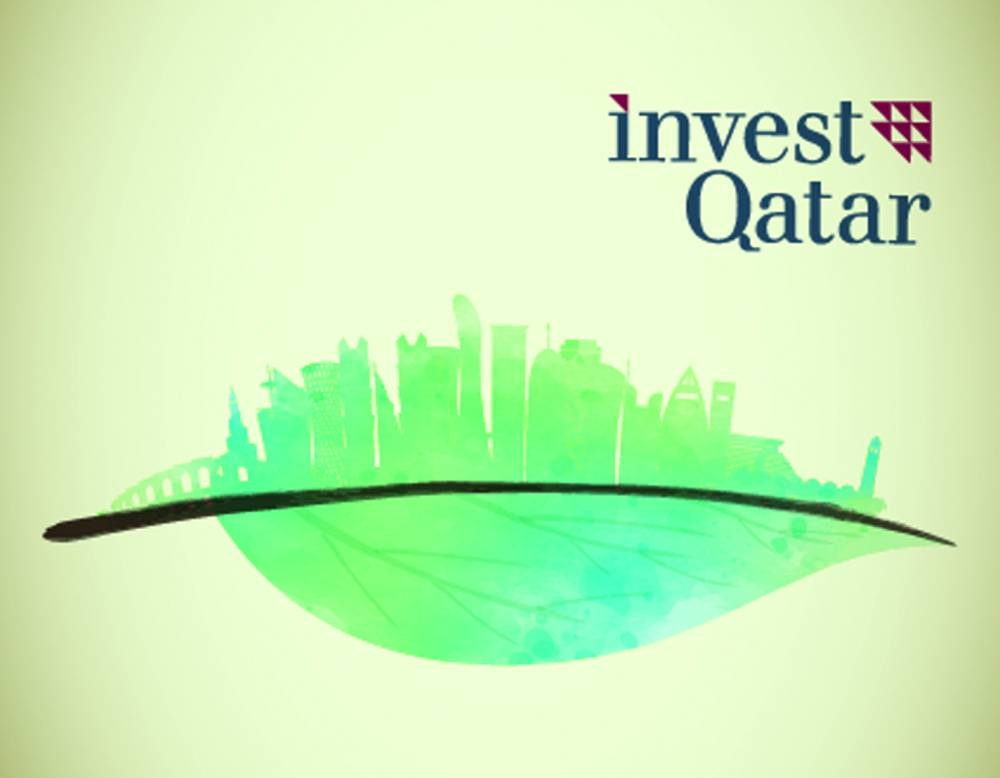Qatar is implementing strategic food and agricultural policies with an updated Qatar National Food Security Strategy announced this year, focusing on innovative solutions and sustainable systems, the Investment Promotion Agency Qatar (Invest Qatar) stated in a report.
Additionally, the country’s Natural Resource Management Strategy seeks to enhance land use efficiency and deploy modern agricultural techniques to improve plant, animal and fishery production, Invest Qatar noted, adding that Qatar is also intensifying efforts to adapt to climate change, conserve various resources, and utilise renewable energy in the agricultural sector.
“In addition to looking after its citizens, Qatar is actively contributing to international initiatives promoting sustainable development and food security in the least developed nations. Indeed, Hassad Food, Qatar’s agribusiness investment arm, is investing in more than 18 countries to diversify the nation’s food sources and contribute to global agricultural development,” it stated
According to Invest Qatar, the country’s agricultural sector is experiencing a transformational wave driven by technology. This has empowered local producers to make data-driven decisions, optimise resource allocation and minimise environmental impact.
Vertical farming, a relatively new method offering many benefits, has been enthusiastically adopted by Qatar. Vertical farming can be particularly beneficial in desert countries, such as Qatar, where water is scarce and temperatures can soar. More food can be produced with fewer resources in desert regions using this method as growers can control temperature, humidity and light levels, creating a perfect growing environment, it noted.
Qatar is the first country in the Mena region to host the International Horticultural Exhibition (Expo 2023 Doha). Held under the theme ‘Green Desert - Better Environment’, the event aims to inspire and inform the international community about creative solutions to mitigate desertification. It provides an opportunity for collaboration and discussion and showcases the latest advancements in sustainable agriculture, environmental awareness and technology, Invest Qatar stated.
Organised in collaboration with the Bureau International des Expositions (BIE) and the International Association for Horticultural Producers (AIPH), the event takes place at
Al Bidda Park until March 28, 2024. More than 80 countries are involved in the event, and it is expected to attract 3mn visitors.
Qatar’s strategic focus on enhancing both local and global food security provides a wealth of opportunities for agriculture-related businesses. Qatar welcomes foreign investment, with a variety of resources available to support international businesses to access opportunities in the agriculture sector. Invest Qatar recently launched the Invest Qatar Gateway, enabling foreign investors to connect with Qatar’s business community and explore public-private partnership opportunities in the country.
The Ministry of Municipality and the Qatar Free Zones Authority are also working together to create investment opportunities in agritech, while the former's collaboration with Qatar National Research Fund on a joint research fund is enabling the development of innovative solutions to enhance the country’s food security.
“Qatar offers foreign investors a valuable and competitive business climate. The country's stable and resilient economy, advanced digital infrastructure, pro-business regulations, vibrant knowledge ecosystem and seamless market access enable businesses to achieve their growth ambitions,” Invest Qatar stated.

